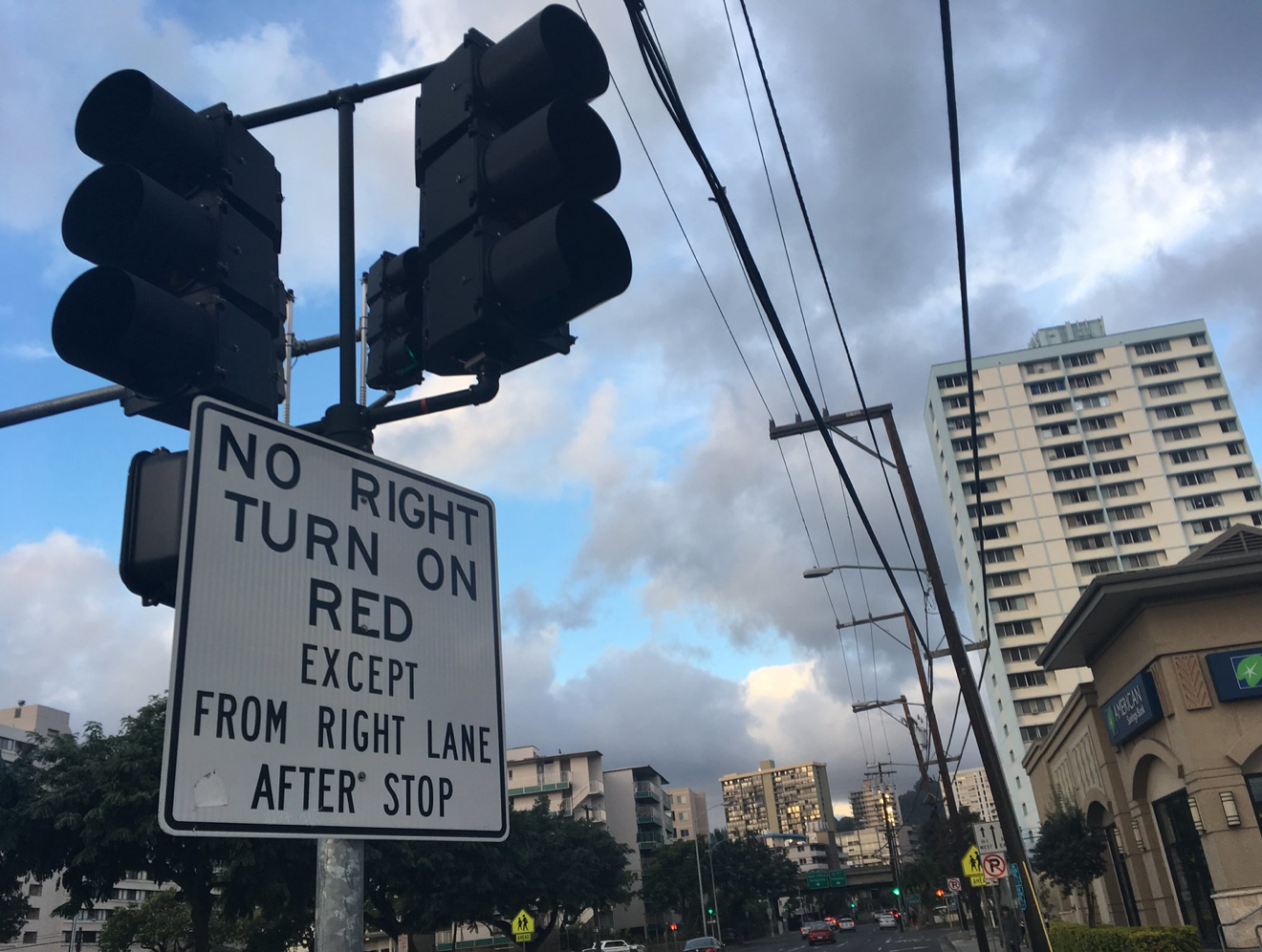- Cities nationwide are banning right turns at red lights because, although they might shave a few seconds off a driver's commute, it comes at the expense of pedestrian lives. (NPR)
- Plans authored by the right-wing Heritage Foundation for a second Trump administration call for severely slashing federal transit funding. (Center for American Progress)
- Living in a walkable neighborhood shouldn't be a privilege, but often in the U.S. it gets too tied up with bougie people and their fancy cheese, writes former Streetsblog editor Angie Schmitt. (Unpopular Opinions)
- Vehicle damage claims to insurance companies have fallen by 20 percent since Wales implemented a 20 miles per hour speed limit. (The Guardian)
- Uber lost an appeal seeking to overturn a California law forcing apps to treat gig workers as employees. (Reuters)
- Questions are surfacing about whether New York Gov. Kathy Hochul can even legally block congestion pricing. (Streetsblog NYC)
- A Boston city council member is under fire for trying to orchestrate public comment against bike lanes (Herald). Meanwhile, Boston cyclists on social media are increasingly willing to call out bad drivers (Globe).
- Lots of news out of Charlotte: While raising property taxes, the city is also proposing cuts to sidewalks and bike paths (Spectrum News). An impasse with state Republicans is still threatening the future of the Silver Line (Observer). But hospitality and tourism taxes are now off the table for funding transit (Axios).
- A unique contract to reroute a freeway, making Asheville more accessible on foot and by bike, is designed to reduce costs for the I-26 project. (Equipment World)
- Maryland Gov. Wes Moore signed an executive order instructing state agencies to find ways for people to drive less. (Streetsblog USA)
- A number of advocates describe at length in Greater Greater Washington why the D.C. Council should include bike lanes on Connecticut Avenue or just go ahead and defund the whole project. It appears those bike lanes are dead (Axios).
- Even developers are mad about Houston Mayor John Whitmire scaling back bike- and pedestrian-friendly policies, because people want to live in walkable neighborhoods. (Chronicle)
- Here's a sneak peek at the proposed ballot language for Nashville's November transit funding referendum. (Tennessean)
- San Antonio residents are leery of bus rapid transit and want light rail instead. (My SA)
- The Metro Atlanta Rapid Transit Authority rejected Mayor Andre Dickens' request to delay renovations to the main rail hub at Five Points. (AJC)
- Bike Share Pittsburgh unveiled new options for families and people with disabilities. (Tribune-Review)
- The Indianapolis Star delves into the city's newly adopted Vision Zero plans.
- Shohei Ohtani's interpreter, who pleaded guilty to embezzling millions from the baseball star to cover gambling debts, was also an Uber Eats driver? (New York Post)
Stay in touch
Sign up for our free newsletter
More from Streetsblog USA
Americans Demand Congress Fund Active Transportation In Next Infrastructure Bill — And Not Just The Bike/Walk Advocates
A "back to basics" surface transportation bill — as Republicans are seeking — would be devastating for road safety and small businesses.
Friday’s Headlines Take a Lot to Laugh, Take a Train to Cry
I ride on a mail train, baby. Can't buy a thrill.
Talking Headways Podcast: The Future of Transit
Yonah Freemark talks with Jeff Wood about the state of the trains across the world.
Are Roundabouts Just For Rich People?
And if not, how do we get more of them in the low-income neighborhoods that need life-saving infrastructure the most?
Thursday’s Headlines Need Alternatives
Economics 101: Competition brings down costs.
How Recreational Cycling Can Lead to Safe Streets For All
These cities are leveraging joy to fight for connected communities.






